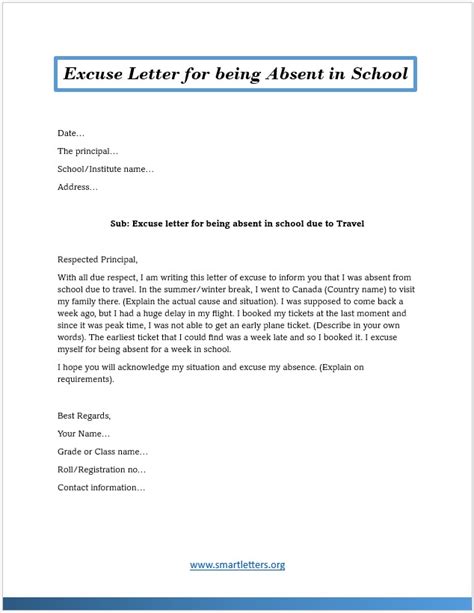Starting a new job is a momentous occasion, filled with both excitement and trepidation. Naturally, you want to make a good first impression and establish yourself as a reliable and dedicated employee. However, unforeseen circumstances can arise that may cause you to consider being absent on your first day of work. While it is generally not advisable to miss the first day, there may be exceptional situations where it is unavoidable.

Understanding the Consequences
Before making a decision, it is crucial to understand the potential consequences of being absent on your first day:
- Missed Training and Orientation: The first day is often dedicated to essential training and orientation programs. Missing these sessions can put you behind from the start and disrupt your learning process.
- Delay in Contribution: Your colleagues and supervisors will be expecting you to contribute to the team from day one. Absence can hinder the progress of ongoing projects and create a negative impression.
- Professional Reputation: Your absence on the first day may raise concerns about your commitment and reliability, potentially impacting your future opportunities within the organization.
Valid Reasons for Absence
Despite these potential drawbacks, there may be exceptional circumstances that justify an absence on the first day of work:
- Medical Emergency: A sudden illness, accident, or hospitalization that prevents you from attending.
- Family Emergency: An unforeseen family crisis, such as an accident involving a loved one, that requires your immediate attention.
- Extreme Weather Conditions: Severe weather events, such as hurricanes or snowstorms, that make it impossible to travel safely to work.
- Legal Obligations: A court appearance or other legal matter that cannot be rescheduled.
Communicating Your Absence
If you find yourself unable to attend your first day of work, it is imperative to communicate your absence promptly and professionally:
- Notify Your Supervisor Immediately: Call or email your supervisor as soon as possible to inform them of your situation. Explain the reason for your absence and apologize for any inconvenience.
- Provide Documentation: If applicable, provide documentation supporting your reason for absence, such as a doctor’s note or legal notice.
- Offer Alternatives: If possible, suggest alternative arrangements, such as remote work or a rescheduled start date.
How to Make Up for an Absence
If you do miss your first day of work, take proactive steps to mitigate the impact:
- Complete Missed Training: Reach out to your colleagues or supervisors to obtain materials and recordings from missed training sessions. Make arrangements to complete the training as soon as possible.
- Accelerate Your Learning: Dedicate extra time outside of work hours to familiarize yourself with the company, your role, and industry-specific knowledge.
- Demonstrate Commitment: Go the extra mile during the following days to show your dedication and willingness to catch up. Offer to help with additional tasks and actively participate in team discussions.
Tips and Tricks
To avoid the need for an absence on the first day, consider these tips:
- Plan Ahead: Be aware of any potential scheduling conflicts or personal commitments prior to starting your new job.
- Maintain Open Communication: Inform your supervisor about any foreseeable events that may impact your attendance.
- Consider Alternative Arrangements: Explore the possibility of working remotely or starting on a slightly later date if necessary.
- Prioritize Health and Well-being: Prioritize your health and well-being. If you are feeling unwell, it is better to take a sick day than attempt to work while compromised.
Conclusion
While it is generally not recommended to be absent on your first day of work, unforeseen circumstances may arise. If faced with an unavoidable absence, communicate promptly, provide documentation, and take proactive steps to mitigate the impact. By handling the situation professionally and responsibly, you can minimize the negative consequences and maintain a positive reputation as a valued employee.
